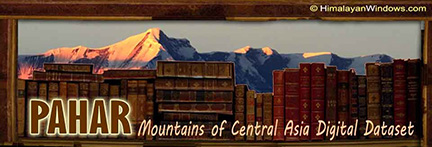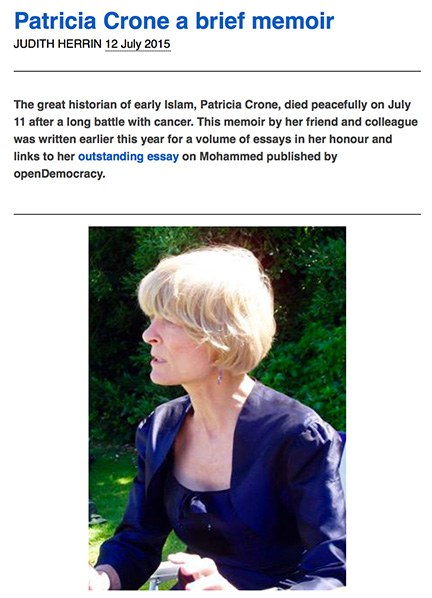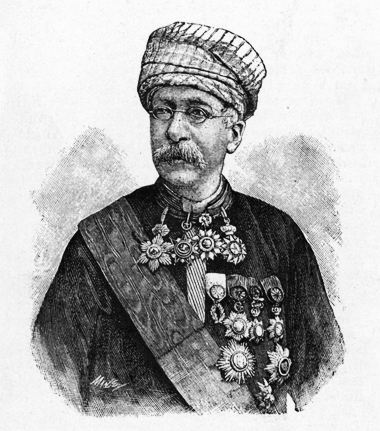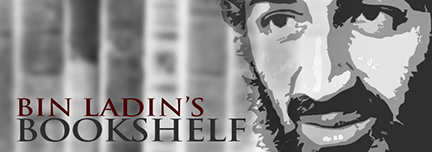
This Mountains of Central Asia Digital Dataset (MCADD) consists of a collection of books, journals and maps related broadly to the Himalayas and its outlying attached ranges including the Hindu Kush, the Karakorams, the Pamirs, the Tian Shan and the Kuen Lun as well as the Tibetan highlands and the Tarim basin. These materials are housed in this site, and are freely available for personal non-commercial use and downloading.
Some of this material was originally downloaded from the Google Books website, but often this material from Google has been augmented by the addition of maps and other oversize materials that were excluded when the original Google scans were done and/or the addition of missing pages. For example, the Google scans of the 50 volumes of the Royal Geographical Society Journal, published between 1830 and 1880 do not include any of the oversize maps—these maps have all now been scanned and some 450 maps added in their proper location to each of the journal volume pdf files on the PAHAR website.
Various aids to searching specific topics, such as indexes of articles related to the MCADD geographic area (Himalaya, Tibet and Central Asia) have also been prepared for the more prolific journals, such as those of the Royal Geographical Society, the Royal Central Asian Society, and the Asiatic Society of Bengal. Continue reading Mountains of Central Asia Digital Dataset






